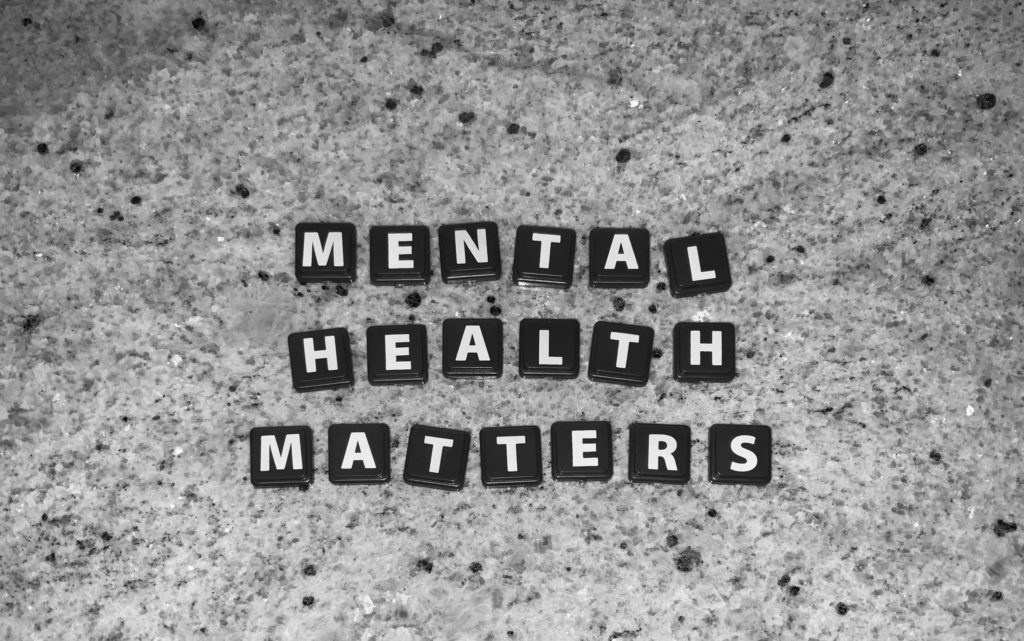The years 2020 and 2021 have been an absolute nightmare for many of us due to the COVID-19 pandemic. Indeed, mental health issues have risen significantly over the past two years as the pandemic impacts our society in ways we have never seen.
For this reason, we need mental resilience.
Mental resilience refers to the ability or skill of a person to respond effectively to risk, stress, pressure, and adversity. So this means, going through something challenging, yet still being able to emerge on the other side still intact, perhaps, much better than you were heading into the challenge.
How then do you build your mental health resilience?
Accept the gravity of the situation
One of the ways in which our brains try to cope will often be downplaying the significance of what is going on. However, this is detrimental.
When you downplay the gravity of the challenges you are facing, you become unlikely to come up with solutions for the situation. Rather than make what you are going through insignificant, accept it.
Allow yourself to feel uncomfortable in the challenges. The uncomfortable feelings help you begin working on solutions.
Build positive thinking
As you admit to your situation, do not settle into a defeatist attitude while at it. If the matter is great, it might be tempting to throw your hands up in the air and say you can’t do it.
However, to be mentally strong, once you admit the challenge you are facing is big, the next thing is to believe that you can overcome it. This belief then leads to the next tip-
Take charge
You cannot control how the challenges you are facing evolve, but you can control how you react to them.
Remember early in the days of the pandemic when people took to balconies to sing and dance? That is an example of taking charge and making the best of the situation.
While you don’t need to dance and sing through each problem, taking charge means adapting to the challenges and working through them with commitment.
Make supportive connections
We are social beings who need each other. So, to improve your chances of bouncing back from adversity, build meaningful connections with people.
Having a reliable support system means that you have people who can come through for you and help manage your challenges, or at least, be there for you emotionally as you struggle through your adversity.
You can also join group activities that you enjoy, such as music instrument groups, hiking groups, etc. These groups often act as social pillars.
Remember, every challenge that you face can be overcome. Keep that in mind each time you want to give up too soon.
Check out more articles.

